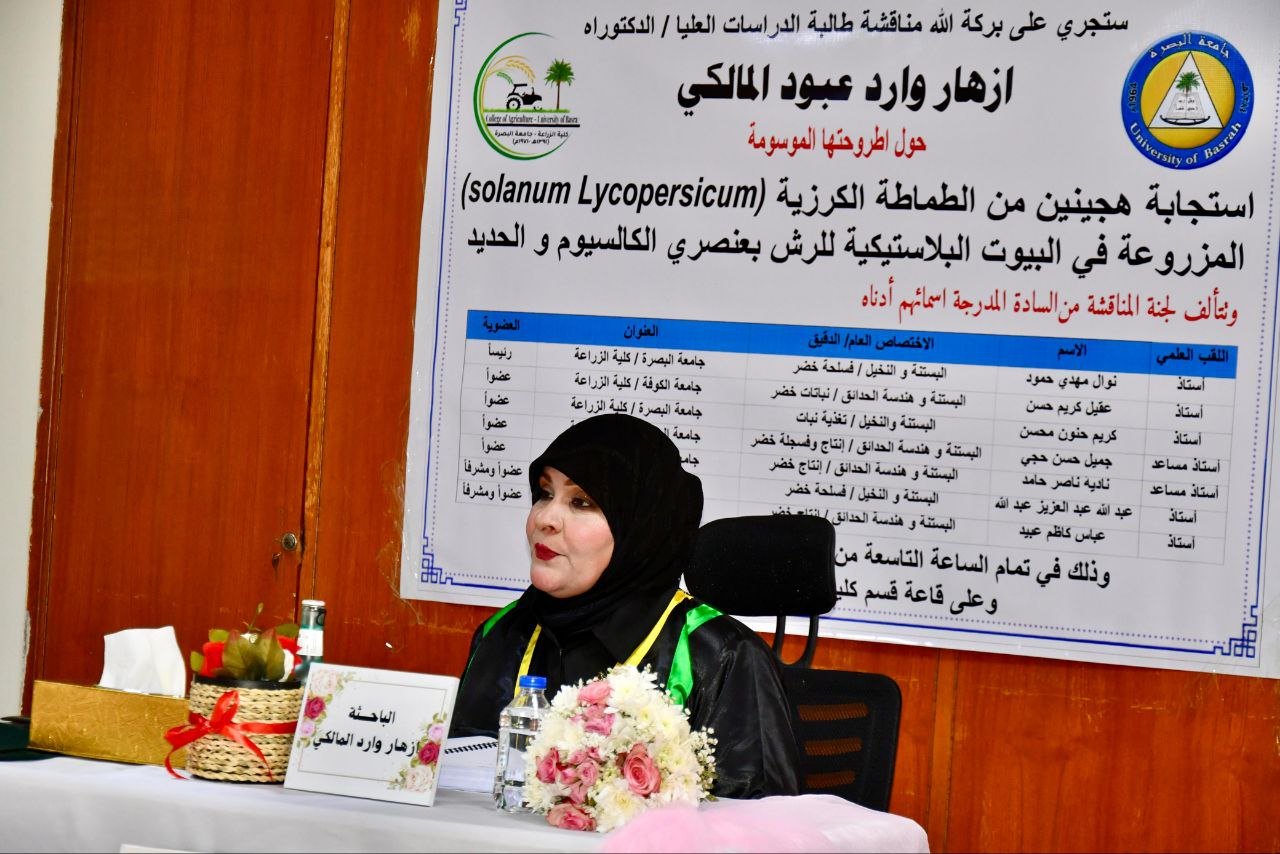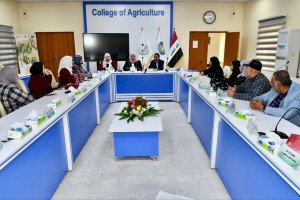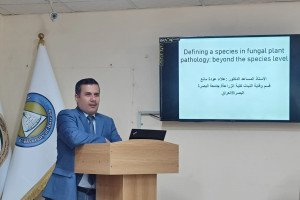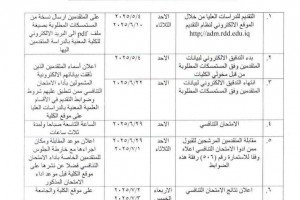
A doctoral thesis in the Department of Horticulture and Landscape Engineering at the College of Agriculture at the University of Basra examined the response of two cherry tomato hybrids grown in greenhouses to spraying with calcium and iron.
The thesis of researcher Azhar Ward Abboud, under the supervision of Professor Abdullah Abdul Aziz Abdullah and Professor Abbas Kazim Obaid, aimed to select the best high-yielding cherry tomato hybrids, suitable for the conditions of the southern region, and to investigate the effect of foliar treatment with both calcium and iron chelates.
The thesis included the use of two cherry tomato hybrids, POMODORO Principe Borghese and PRINCIPE EOR, grown in a greenhouse at the Agricultural Research Station at the College of Agriculture, University of Basra. The plants were foliarly sprayed with four concentrations of chelated calcium (0, 1, 2, and 3 ml L-1) and three concentrations of chelated iron (0, 100, and 200 mg L-1).
The thesis concluded that spraying with calcium at a concentration of 3 ml L-1 and iron at a concentration of 200 mg L-1 had the most significant effects in improving most vegetative and flowering growth traits, and increasing the quantitative and qualitative yield of cherry tomato plants.
The study recommended adopting the two hybrids for cultivation in Basra Governorate, and spraying with chelated calcium at a concentration of 3 ml/L-1 and chelated iron at a concentration of 200 mg/L-1, at a rate of three sprays after planting, with a 14-day interval between each spray.
Department of Media and Government Communication / College of Agriculture








